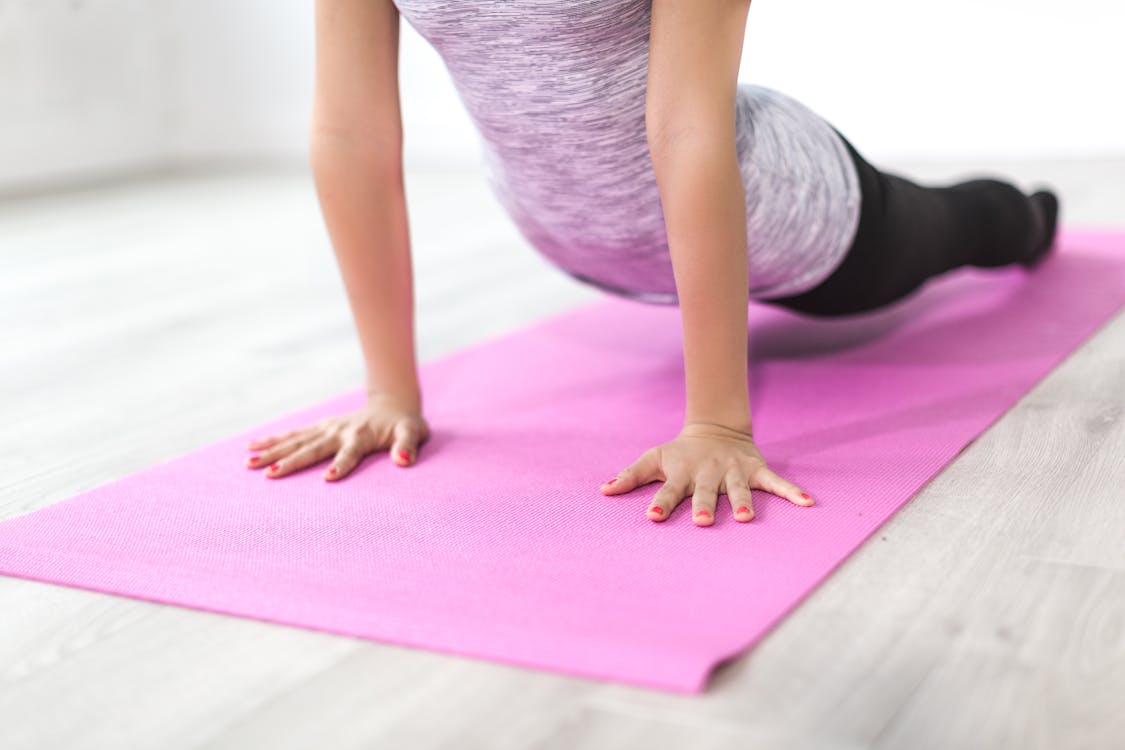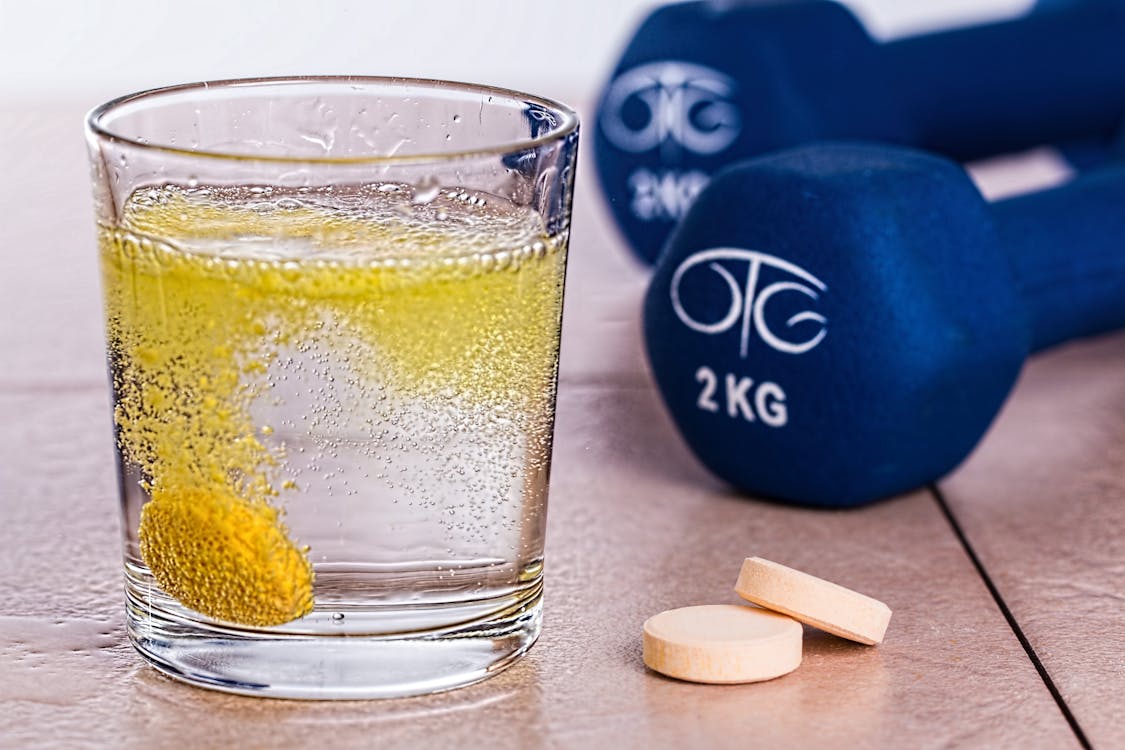A healthy diet and regular exercise have been proven to help with eye health. So make sure you remember to think about your vision with this year’s January regime. Give yourself a beginning-of-the-year kickstart, but remember to keep it up throughout the seasons to ensure long-term vision care.
Here are some workout and dieting tips to assist you:
1. Go Walking Regularly

Studies have shown that physical activity can help to prevent a number of eye diseases, including glaucoma, cataracts and macular degeneration. With glaucoma particularly (which can be caused by damage to the optic nerve), walking is essential. Just simply walking two or three times a week can help to minimise the risk of glaucoma. Lowering your blood pressure through exercise can also help to prevent diseases and hypertension.
2. Get a Fitness Tracker
The NHS recommends that we walk 10,000 steps every day. The average person in the UK actually only achieves between 3,000 and 4,000 steps a day (this is particularly problematic for people with sedentary jobs). In order to ensure the best eye health, it’s important to stay active. A fitness tracker can help to encourage more physical activity throughout the day, and works well by giving you a target to strive for.
3. Include Moderate Intensity Activities

Moderate intensity workouts significantly reduce eye pressure and will help to burn calories and fat, lowering your BMI. Moderate activities can include a range of exercises or everyday tasks. Such as walking briskly, tennis or badminton, swimming, gentle cycling, light jogging and water aerobics. Or even things like mowing the lawn, vacuuming the house and heavy cleaning. So you don’t even have to join a gym to do some of these things!
4. Reduce Your Sugar Intake

It’s well known that diabetes is a leading cause of vision loss and blindness in adults. Diabetic retinopathy affects blood vessels in the retina, so avoiding this at all costs should be a priority for everyone at any age. This means cutting out refined sugars and saturated fats and eating a healthy, balanced diet. In simple terms, high-calorie diets and gaining weight aligns your fate for type 2 diabetes, so it’s a good idea to keep an eye on your body mass.
5. Add Lutein to Your Diet

Lutein has been labelled as the “super vitamin for eyes”. Studies show that this carotenoid vitamin is powerful enough to dramatically reduce the risk of a number of eye problems, including macular degeneration, cataracts and retinitis pigmentosa. Lutein-rich foods include kale, spinach, mustard greens, turnip greens, cress, green peas, brussels sprouts, sweetcorn and broccoli.
6. Take Eye Supplements

If you are a picky eater and worry about the nutrient intake from your diet, eye supplements could be a great alternative. There are a number of eye supplements on the market today, many of which have Lutein. One particular formula that we recommend looking into is the AREDS formulation, trialled by the NEI (National Eye Institute).
For more eye health advice, check out our recent post titled ‘Top 10 Tips to Preserve Your Eye Health into Old Age‘.
Tag #SelectSpecsSelfie for a chance to be featured on
our page!



